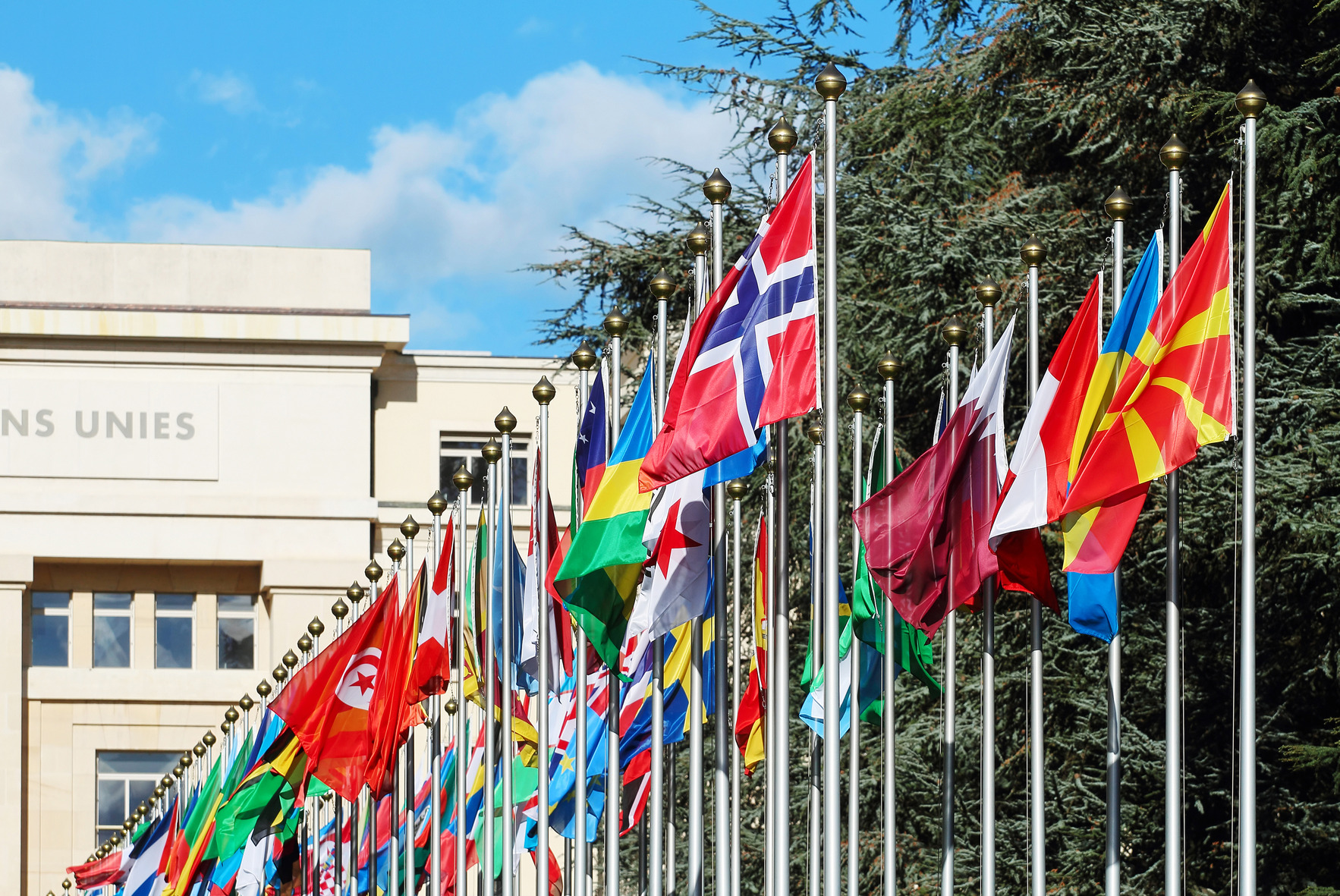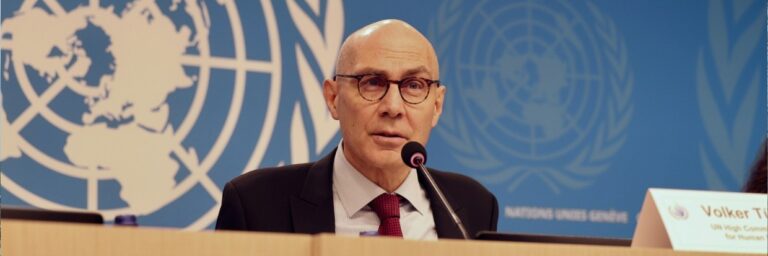
Would Strengthen Efforts to Prosecute World’s Worst Atrocities
UN member states and rights advocates are advancing negotiations for a new international treaty on crimes against humanity, aiming to close long-standing gaps in accountability for mass atrocities.
Human Rights Watch and Columbia Law School’s Prevention of Crimes Against Humanity Project have issued 25 recommendations urging UN delegations to adopt an ambitious, inclusive approach to drafting the treaty. The initiative follows the General Assembly’s December 2024 resolution to begin formal negotiations, marking the first global effort to establish a binding convention focused exclusively on crimes against humanity since Nuremberg.
Essential Facts
- Where / When: United Nations Headquarters, New York; discussions ongoing, with preparatory committee meetings set for January 2026.
- What Happened: Rights groups released a briefing paper outlining recommendations for the forthcoming treaty.
- Primary Actors: Human Rights Watch, Columbia Law School, UN Member States, Sixth Committee, International Law Commission.
- Verified Figures: 25 recommendations presented; dozens of states, led by Costa Rica, voiced support in October 2025.
- Immediate Response: Broad endorsement from UN delegations; calls for civil society inclusion and regional consultations.
The draft convention aims to standardize how nations define and prosecute crimes such as extermination, enslavement, rape, forced pregnancy, and apartheid. The process seeks to reinforce global justice mechanisms and ensure victims’ rights, including reparations, are central to the final text. The treaty could empower domestic courts through stronger cooperation and legal assistance frameworks.
Source(s) & Attribution
Human Rights Watch (October 27, 2025); Columbia Law School’s Prevention of Crimes Against Humanity Project; UN General Assembly Sixth Committee session statements.







